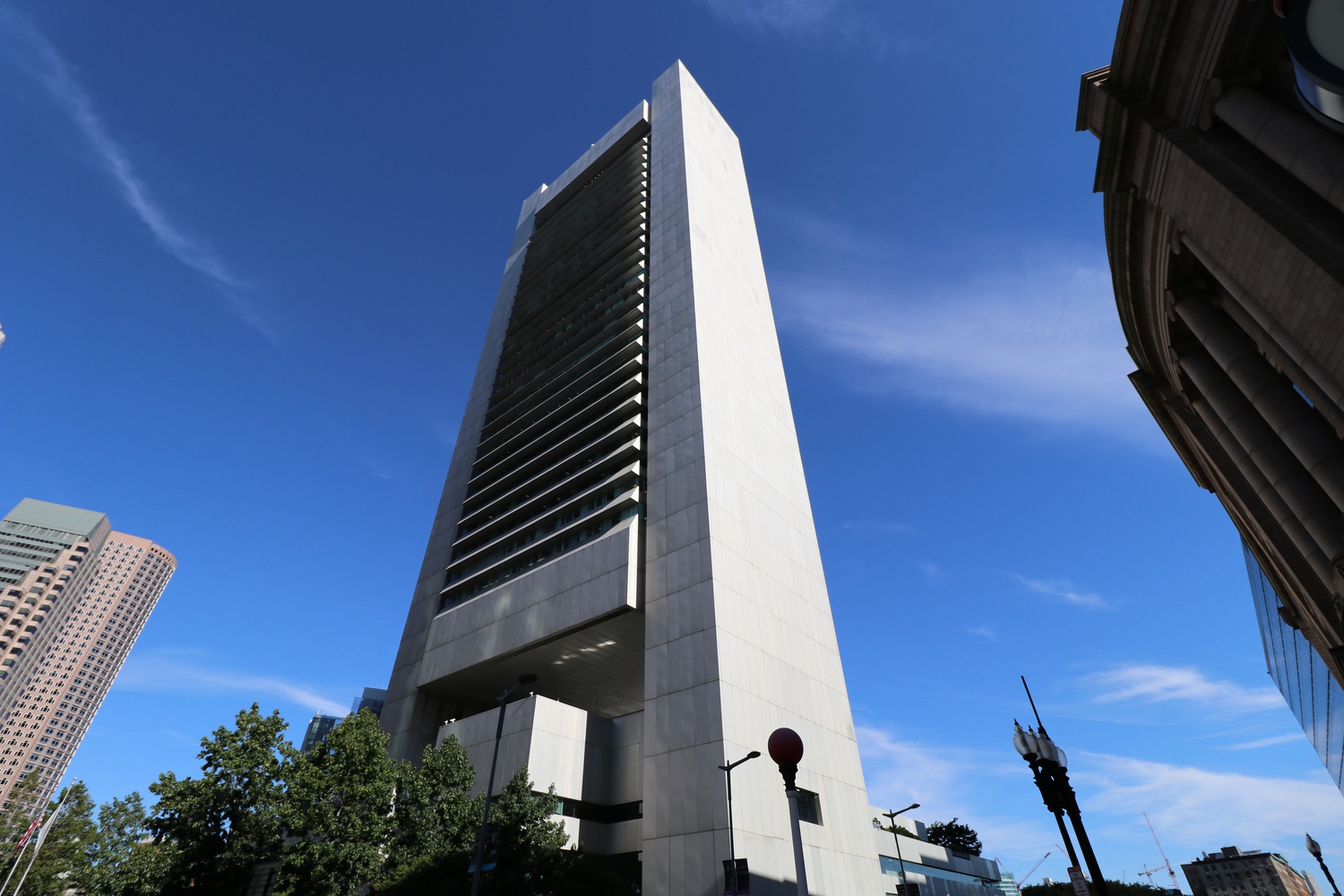
News
Harvard Alumni Email Forwarding Services to Remain Unchanged Despite Student Protest

News
Democracy Center to Close, Leaving Progressive Cambridge Groups Scrambling

News
Harvard Student Government Approves PSC Petition for Referendum on Israel Divestment

News
Cambridge City Manager Yi-An Huang ’05 Elected Co-Chair of Metropolitan Mayors Coalition

News
Cambridge Residents Slam Council Proposal to Delay Bike Lane Construction
Harvard-Sponsored Hedge Fund TPRV Capital To Shutter Operations

TPRV Capital, LP — a hedge-fund which launched with $400 million in seed capital from Harvard Management Company in 2017 — announced that it will cease operations, liquidate all assets, and return all of its capital to its investors in an update sent to the Securities and Exchange Commission on March 9.
TPRV’s investors sought to “redeem” their funds, citing the hedge fund’s troubling performance in the months immediately following the start of the Covid-19 pandemic in the United States, the fund’s Chief Operating Officer, Luca Toscani, said in an interview.
Though the hedge fund recovered its losses from early in the pandemic, Toscani said investors still came to the decision to move their assets toward other types of investment strategies.
“When coronavirus started being an issue and lockdowns around the country had been implemented, it was a pretty challenging month for the market and then we had some problems performance-wise; since then, the performance has been actually very good,” Toscani said. “However, the drawdown triggered a number of redemptions for our investors.”
The firm saw its peak assets of $820 million at the end of 2019 plummet to $570 million by August 2020, according to a report by Bloomberg. Its assets further plunged to $233 million by February of this year.
TPRV’s fund lost 2.8 percent in 2020 and remained constant in the first two months of 2021, per the same report.
Toscani would not say if the Harvard Management Company itself expressed enough concern over TPRV’s investment strategy to the point that it also asked to redeem its funds.
Patrick S. McKiernan, a spokesperson for HMC, declined to comment on TPRV’s unwinding of operations or HMC’s involvement with the fund, citing its policy not to comment on individual investments.
For Toscani and his partners, their next steps are unclear. The fund’s management wrote in an email to investors that they are still considering their next steps. Toscani said the firm had difficulty in finding new capital providers but hopes that TPRV’s investment team will be able to work within a larger, more established fund.
TPRV’s closure marks the fifth Harvard-sponsored hedge fund to wind down its operations in the last couple of years. Cambridge Square Capital, Convexity Capital, Highfield Capital, and Frontlight Capital — high-profile hedge funds also managed by former HMC portfolio managers and sponsored with seed capital from HMC — have ceased operations.
TPRV’s two co-founders and Co-Chief Investment Officers, Graig Fantuzzi and Michele Toscani, left the Harvard Management Company in 2017 with almost $400 million in seed capital from Harvard to start their own firm.
Fantuzzi and Michele Toscani, the twin brother of Luca Toscani, were portfolio managers at HMC and had worked together for eight years, including serving as co-heads of HMC’s Tufnell Park Relative Value — an investment strategy abbreviated as TPRV — team.
TPRV’s closure is only the latest in a wave of hedge-funds going under. Finance experts like Charles A. Skorina, a financial executive headhunter, have noted that over the past decade, very few hedge funds have done well given the Federal Reserve’s decision to keep interest rates near zero for more than a decade.
“These are tough times — very few hedge funds have done well,” Skorina said. “The Federal Reserve has really messed things up.”
“The big firms can borrow money at a couple of 100 basis points less than 1 percent, and they’re just throwing it into the stock market, and when and if the Fed finally starts raising rates, you will see the stock market hit the pause button,” he said. “But until that happens, it’s just a game of musical chairs — that’s why so many of these supposedly smart people at hedge funds that Harvard had invested in and others are doing not well at all.”
“It doesn’t mean they’re stupid,” Skorina added. “It means that there are no interest rate signals.”
—Staff writer Virginia L. Ma can be reached at virginia.ma@thecrimson.com.
—Staff writer Kevin A. Simauchi can be reached at kevin.simauchi@thecrimson.com. Follow him on Twitter @Simauchi.
Want to keep up with breaking news? Subscribe to our email newsletter.
